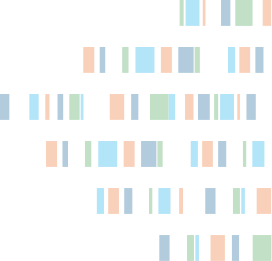The recent SARS-CoV-2 pandemic has refocused attention to the betacoronaviruses, only eight years after the emergence of another zoonotic betacoronavirus, the Middle East respiratory syndrome coronavirus (MERS-CoV). While the wild source of SARS-CoV-2 may be disputed, for MERS-CoV, dromedaries are considered as source of zoonotic human infections. Testing 100 immune-response genes in 121 dromedaries from United Arab Emirates (UAE) for potential association with present MERS-CoV infection, we identified candidate genes with important functions in the adaptive, MHC-class I (HLA-A-24-like) and II (HLA-DPB1-like), and innate immune response (PTPN4, MAGOHB), and in cilia coating the respiratory tract (DNAH7). Some of these genes previously have been associated with viral replication in SARS-CoV-1/-2 in humans, others have an important role in the movement of bronchial cilia. These results suggest similar host genetic pathways associated with these betacoronaviruses, although further work is required to better understand the MERS-CoV disease dynamics in both dromedaries and humans.

Home » Innate and Adaptive Immune Genes Associated with MERS-CoV Infection in Dromedaries
Publications
Innate and Adaptive Immune Genes Associated with MERS-CoV Infection in Dromedaries
myBaits
Daicel Arbor Biosciences
5840 Interface Dr. Suite 101,
Ann Arbor, MI 48103
1.734.998.0751Ann Arbor, MI 48103
©2025 Biodiscovery LLC
(d/b/a Daicel Arbor Biosciences)
All Rights Reserved.
(d/b/a Daicel Arbor Biosciences)
All Rights Reserved.

 Bluesky
Bluesky